|
|
|
|
|

|
|
IP Newsletter | Fall/Winter 2015
|
|
|
|
|
|
|
|
|
|
|
TRADEMARK, DESIGN, COPYRIGHT & UNFAIR COMPETITION
|
|
|
|
|
|
Registered Design Rights Doubly Protected by the UCPA
|
|
|
|
|
|
In a recent design infringement case brought by Ezaki Glico ("Glico") against Lotte Confectionery ("Lotte"), the Seoul Central District Court issued a decision (now final after lack of appeals) substantially strengthening protection for registered designs in Korea by ruling that Lotte's use of similar packaging for a confectionery product similar to Glico's not only infringed Glico's registered packaging design, but also violated the "dead copy" and "catch-all" provisions of the Unfair Competition Prevention and Trade Secrets Protection Act ("UCPA"), even though Glico's product had not yet been sold in Korea (Case No. 2014Gahap581498, rendered on August 21, 2015).
Facts
In October 2012, Glico started selling "Bâton d'or" cookies in Japan in the following packaging box and registered a design for the box in Korea in April 2013.
|
|
|
|
|
|
|
|
|
|
|
|
In October 2014, Lotte launched a limited edition of "Premier Pepero" products in Korea, in similar packaging as shown below. Glico, represented by Kim & Chang, sued for a permanent injunction against Lotte, alleging that Lotte's product infringed Glico's registered design rights in the Bâton d'or packaging, and constituted unfair competition under the UCPA.
|
|
|
|
|
|
|
Glico's Product
|
Lotte's Product
|
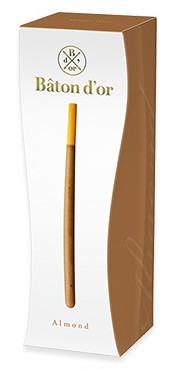
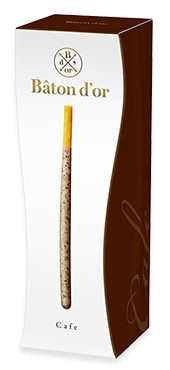 1 1
|
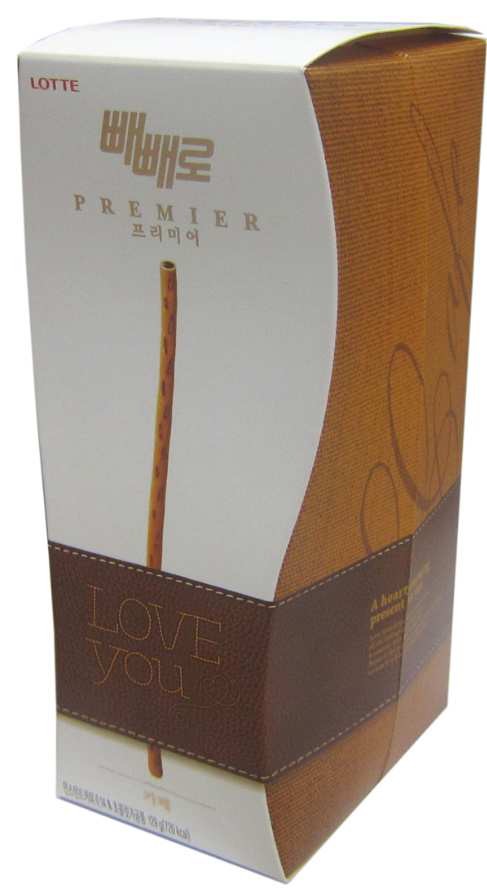
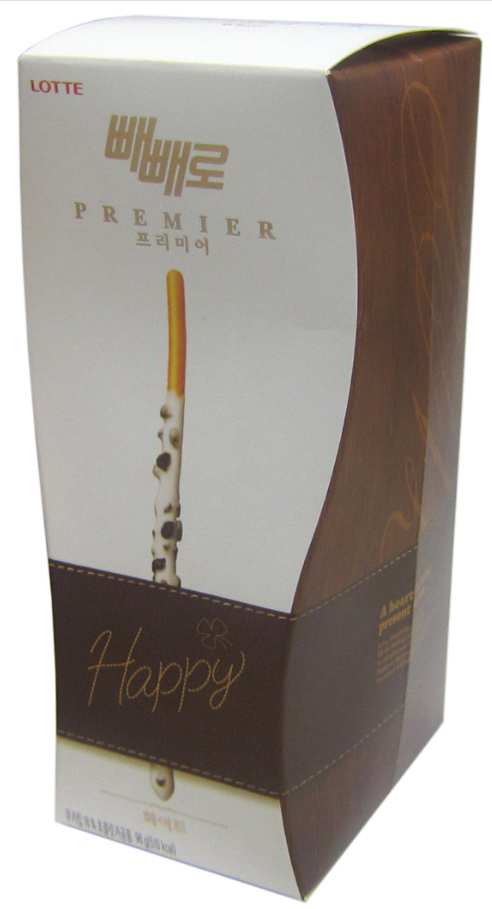
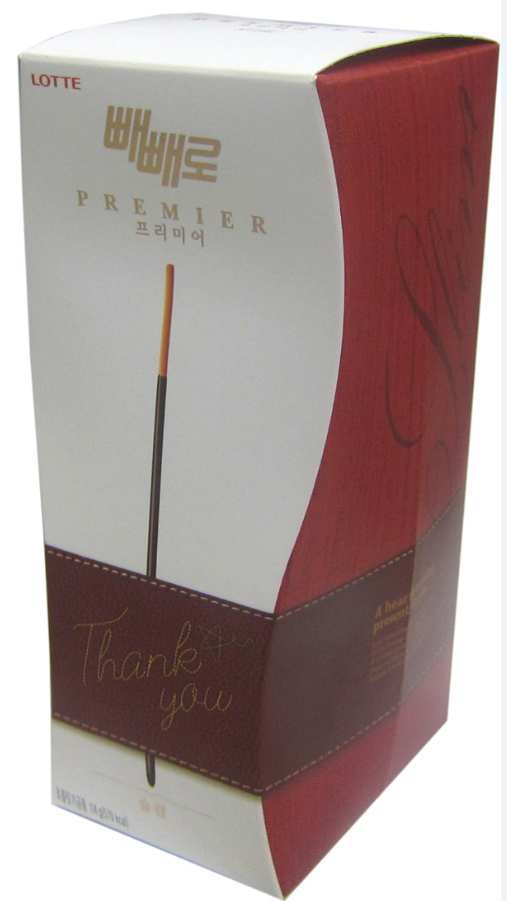
|
|
|
|
|
|
|
Decision
|
|
|
|
|
|
The court's decision was a complete victory for Glico:
|
|
|
|
|
|
| (1) |
The court rejected Lotte's argument that Glico's design lacked novelty and originality over prior designs2, and ruled that Lotte's product infringed Glico's registered design rights due to the similarity of the packaging of the two companies.
|
|
| (2) |
The court also ruled that the dead copy provision of the UCPA was breached through Lotte's close copying of Glico's packaging, even though Glico's Bâton d'or product was not marketed in Korea. Lotte argued that the fact that the Bâton d'or product was not sold in Korea meant that Glico could have no demonstrable harm to its business interests in Korea (and thus did not qualify for relief under the UCPA). However, the court did not take such a narrow view, and noted that it was reasonable to conclude that the plaintiff's business interests would be harmed for the following reasons:
|
| i) |
the parties were direct competitors in the same industry;
|
| ii) |
Glico already was selling a very similar confectionery product in Korea (under the name "Pocky");
|
| iii) |
it was sufficient for purposes of the UCPA that Glico would start selling the Bâton d'or product in Korea in the near future, even if there were no current sales; and
|
| iv) |
there was a likelihood of confusion between Glico's and Lotte's products due to Lotte's infringement of Glico's registered design.
|
|
|
| (3) |
The defendant's act also breached the "catch-all" provision of the UCPA, which is intended in part to protect a plaintiff's substantial investment of time and money in developing its business against unfair exploitation by others. The court recognized Glico's substantial effort and investment in developing its packaging, and found that because Lotte clearly copied Glico's product, it was unfairly profiting from Glico's investment, in violation of the UCPA.
|
|
|
|
|
|
|
This case illustrates the value of design registrations for protecting the appearance of products against copycats. While the UCPA "dead copy" protection is limited to a period of three years from the creation date of the original product, owners of registered design rights do not have to worry about any such limitation. Moreover, the UCPA claim requires that the plaintiff have sufficient "business interests" in Korea in order to be protected. Although the court in this case held that such "business interests" are not limited to actual sales, having a design registration in Korea removes any uncertainty as to whether a company's designs qualify for protection.
|
|
|
|
|
|
|
|
|
|
|
|
|
|
|
|
|
|
|
Back to Main Page
|
|
|
|
|
|
|
|
|
|
If you have any questions regarding this article, please contact:
|
|
|
|
|
|
|
|
|
|
|
|
For more information, please visit our website: www.ip.kimchang.com
|
|
|
|


 1
1


